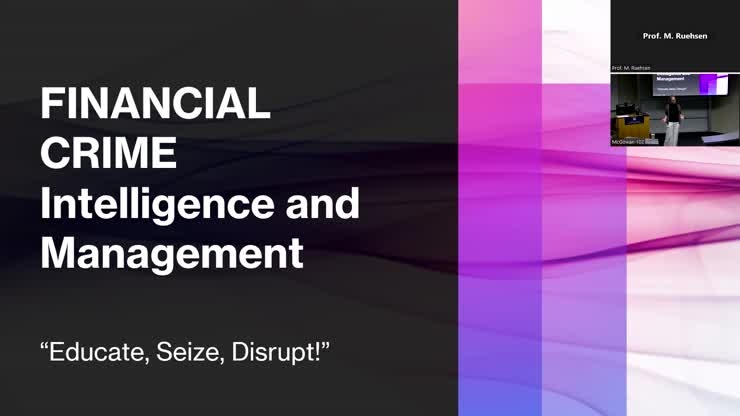Field Work: Students Develop Workshops to Help the Community Avoid Scams
| by Caitlin Fillmore
Students, seniors and veterans learned how to avoid scams through an educational series developed by financial crime intelligence students at the Middlebury Institute.




